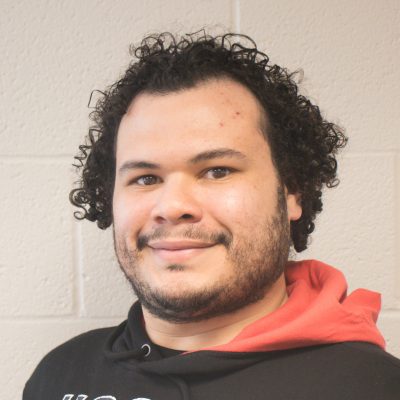Luis Roberto Mercado Diaz
Biomedical Engineering
Luis Roberto Mercado Diaz is a Ph.D. Candidate in Biomedical Engineering at the University of Connecticut. His academic expertise is deeply rooted in biomedical signal processing, Graph Signal Processing and machine learning, with a foundational education in Biomedical Engineering from Medellin, Colombia.
Luis’s research is at the forefront of non-invasive diagnostic methods, focusing on neurodevelopmental disorders such as autism spectrum disorder (ASD) and attention-deficit/hyperactivity disorder (ADHD). His innovative approach involves the application of advanced signal processing techniques and Bayesian machine learning models to electroretinogram recordings, aiming to detect subtle biomarkers for these conditions.
In addition to his work on neurodevelopmental disorders, Luis has expanded his research to include the application of Graph Signal Processing and nonlinear analysis to other complex medical data. One significant area of his current research involves using these methods with MRI data to detect Normal Pressure Hydrocephalus (NPH), a challenging condition to diagnose using traditional imaging techniques alone. By integrating graph-based signal processing and machine learning, he seeks to improve diagnostic accuracy and patient outcomes for NPH.
Furthermore, Luis is also exploring the emotional states through Electrodermal Activity (EDA) signals, aiming to better understand the physiological underpinnings of emotions. This work is part of his broader interest in affective computing, where he applies his skills in signal analysis to develop methods that can reliably monitor and interpret emotional responses.
Outside of his academic and research activities, Luis values quality time with his family. He enjoys hiking and engaging in various forms of exercise with his wife and their dog, alongside playing with their kitten. These activities not only provide him with personal fulfillment but also enrich his professional life by fostering a balanced lifestyle that fuels creativity and productivity.
His academic pursuits and contributions to biomedical engineering are complemented by his participation in various conferences, where he presents his research findings. Through his work, Luis aims to enhance diagnostic methodologies and contribute to the development of technologies that improve both the accuracy and accessibility of medical diagnostics.
